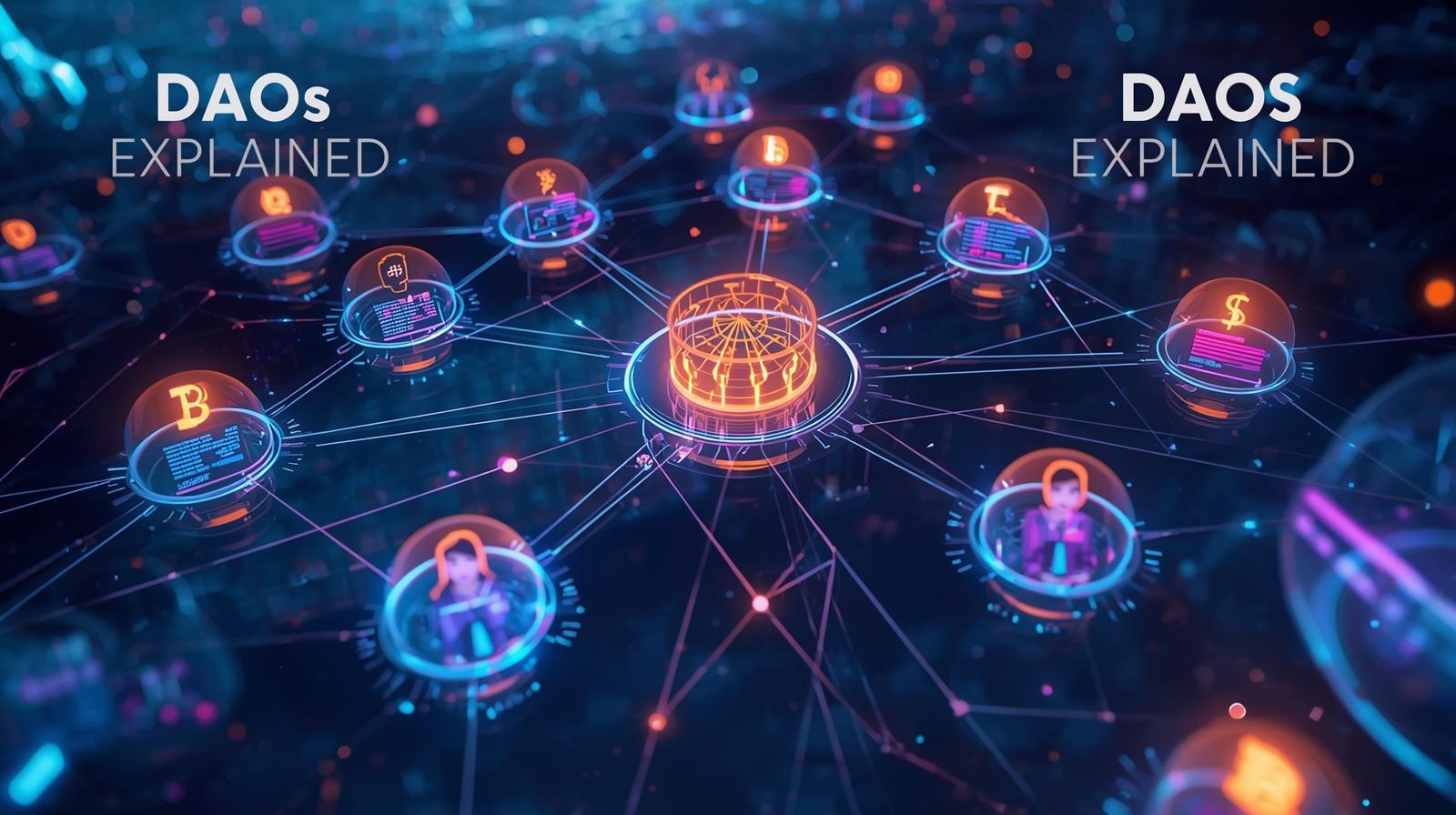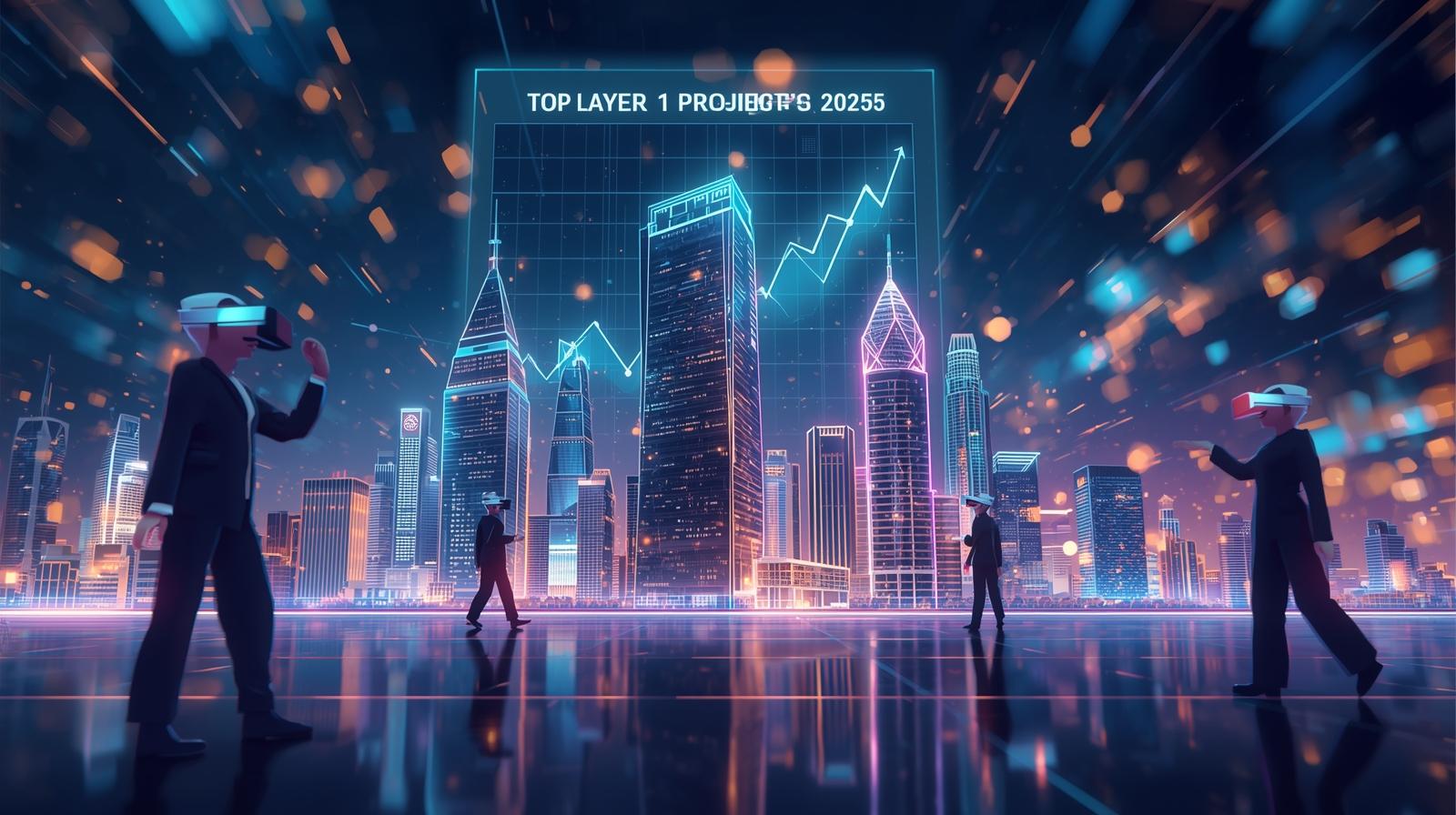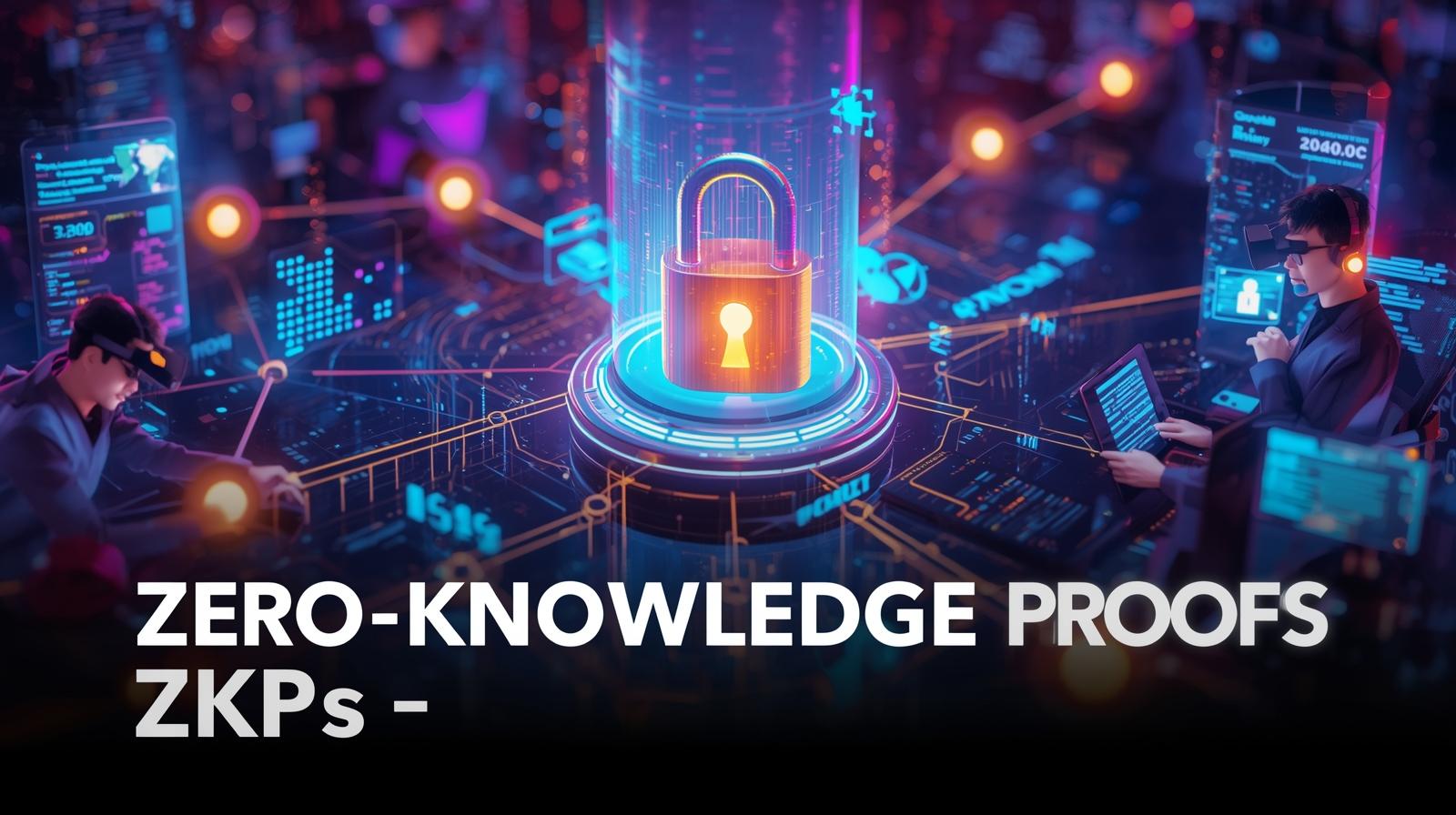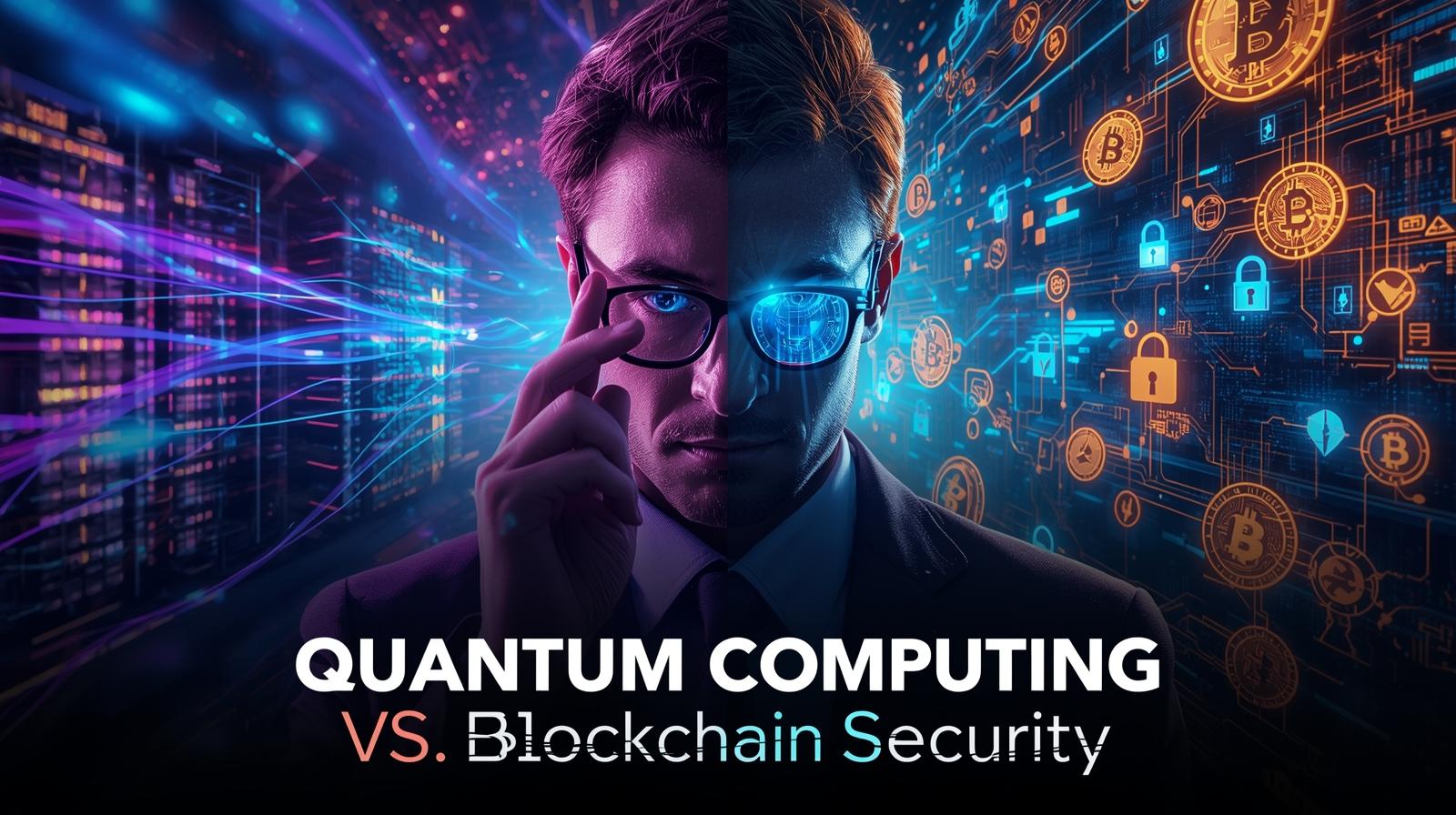Decentralized Autonomous Organizations, or DAOs, are reshaping the way we think about business, governance, and collaboration in the digital age. Unlike traditional organizations that rely on centralized leadership, DAOs operate on blockchain technology, enabling transparent, democratic, and automated decision-making.
What is a DAO?
A DAO is an organization governed by smart contracts on a blockchain rather than a central authority. Members of a DAO typically hold tokens that give them voting rights, allowing them to propose, vote on, and implement decisions collectively. This creates a system where power is distributed, making it harder for single entities to manipulate outcomes.
Key characteristics of DAOs include:
- Decentralization: Decisions are made collectively by members, not executives.
- Transparency: Every transaction, vote, and rule is recorded on the blockchain.
- Automation: Smart contracts enforce rules and execute tasks automatically.
- Global Participation: Anyone with access to the DAO’s platform can participate, regardless of geography.
How Do DAOs Work?
- Smart Contracts: A DAO’s rules are encoded into smart contracts that automatically execute actions based on members’ votes.
- Token Governance: Members typically acquire governance tokens that allow them to vote on proposals.
- Voting Mechanisms: Decisions—from budget allocations to project development—are made through token-weighted voting or other decentralized systems.
- Funding & Treasury: DAOs often manage collective funds transparently, enabling members to propose spending initiatives for community benefit.
Advantages of DAOs
- Transparency & Trust: Blockchain ensures all actions are publicly auditable.
- Reduced Hierarchy: Eliminates unnecessary bureaucracy, empowering members directly.
- Global Collaboration: Enables people worldwide to collaborate without physical boundaries.
- Community-Driven Projects: Projects evolve based on community consensus rather than executive decisions.
Challenges of DAOs
While DAOs offer groundbreaking potential, they come with challenges:
- Legal Uncertainty: Many jurisdictions do not recognize DAOs as formal entities.
- Security Risks: Vulnerabilities in smart contracts can be exploited by hackers.
- Decision-Making Efficiency: Consensus-driven processes can be slower than centralized methods.
Popular Examples of DAOs
Some notable DAOs that have gained traction include:
- MakerDAO: Manages the DAI stablecoin and decentralized lending protocols.
- Uniswap DAO: Governs the Uniswap decentralized exchange platform.
- Aragon: A platform for creating and managing DAOs easily.
The Future of DAOs
DAOs are paving the way for more democratic and decentralized governance in business, finance, and even social organizations. As blockchain technology matures and regulatory clarity improves, DAOs could transform the way companies, communities, and even governments operate.
Conclusion:
DAOs are more than just a trend—they represent a fundamental shift toward transparent, decentralized, and community-driven organization structures. While challenges remain, their potential to disrupt traditional hierarchies is immense.



